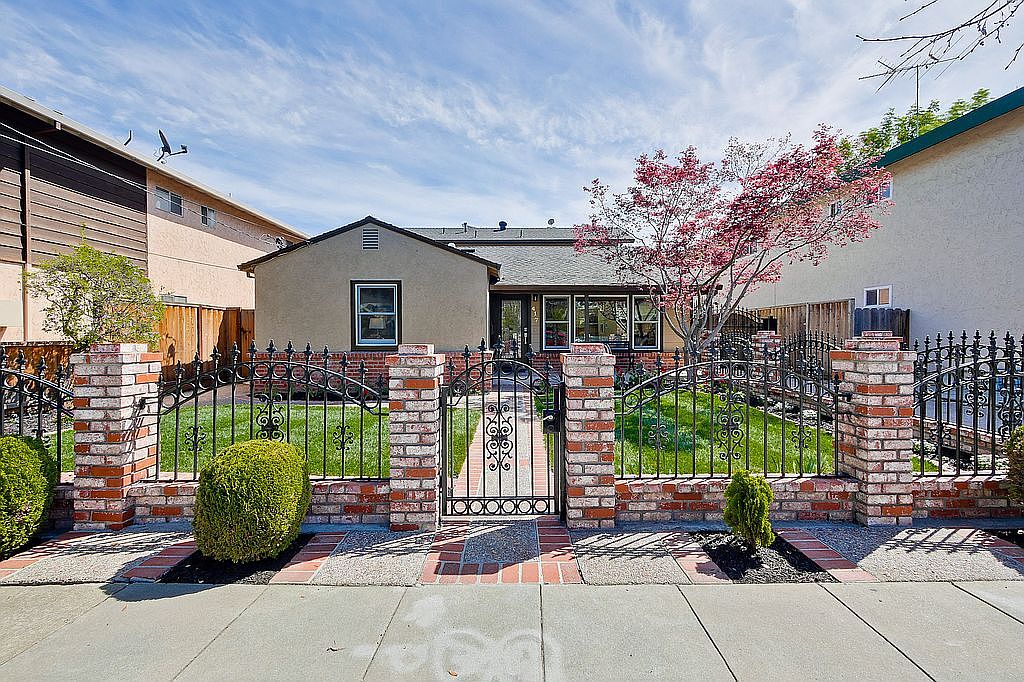- Joined
- May 15, 2005
- Messages
- 1,572
- Reaction score
- 1,873
Neither of you guys are wrong. It’s such an interesting thing to think about motivational factors and performance in our kids.
My kids will never know the balance of my 529 account and it isn’t a given they will be given an unlimited sum semester after semester if they don’t perform well. I do feel like by the time you make it to medical school or a good law school, you have shown the level of commitment where I can trust that you won’t blow off the work and flunk out (though I’m sure we have anecdotes of a few kids we all know who did).
I like the idea of making them responsible for living expenses, books, something to have some additional buyin. But we all probably know that either you have that innate drive and desire to do well and succeed as an individual or you don’t. It seems hard wired in some way.
My kids will never know the balance of my 529 account and it isn’t a given they will be given an unlimited sum semester after semester if they don’t perform well. I do feel like by the time you make it to medical school or a good law school, you have shown the level of commitment where I can trust that you won’t blow off the work and flunk out (though I’m sure we have anecdotes of a few kids we all know who did).
I like the idea of making them responsible for living expenses, books, something to have some additional buyin. But we all probably know that either you have that innate drive and desire to do well and succeed as an individual or you don’t. It seems hard wired in some way.



